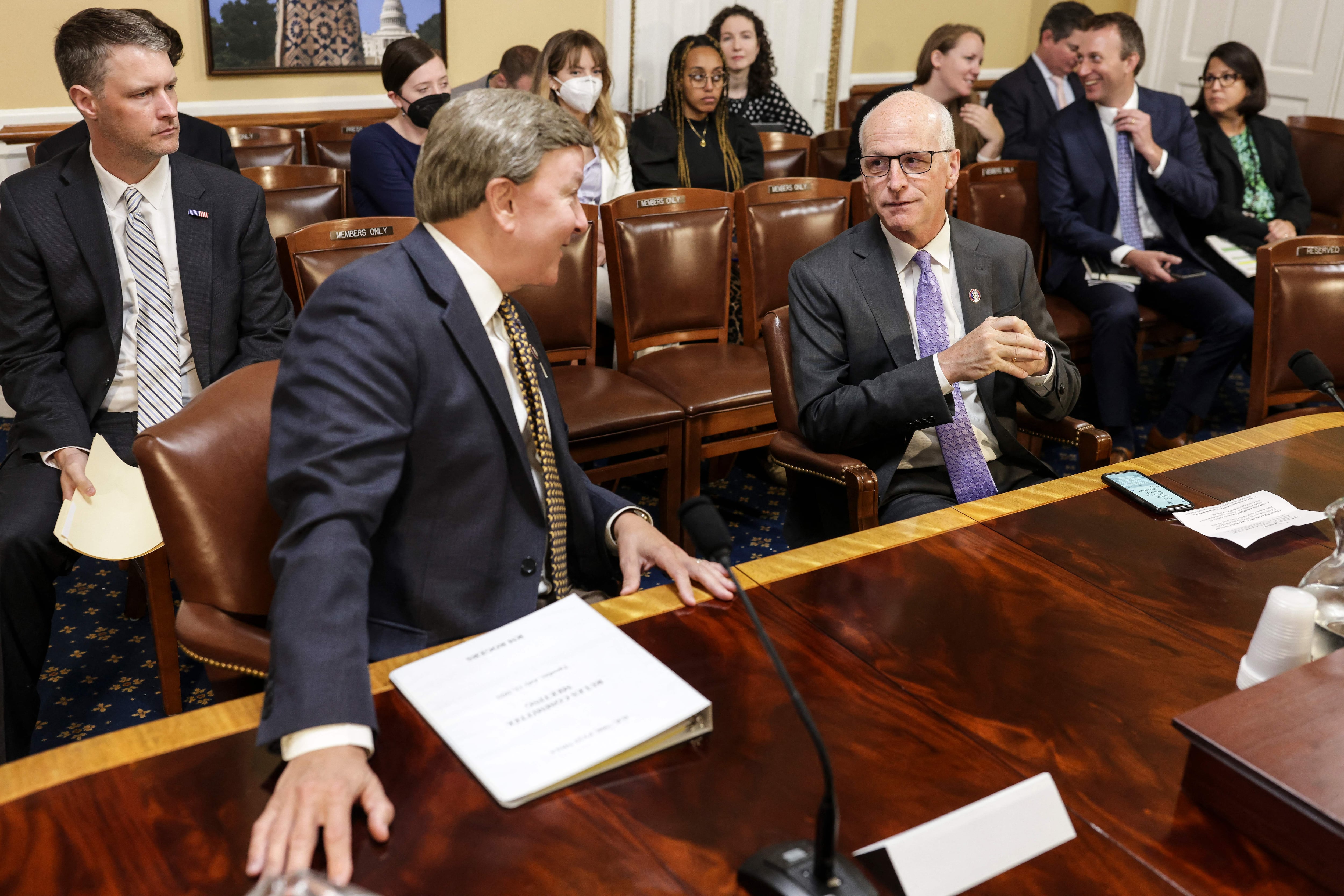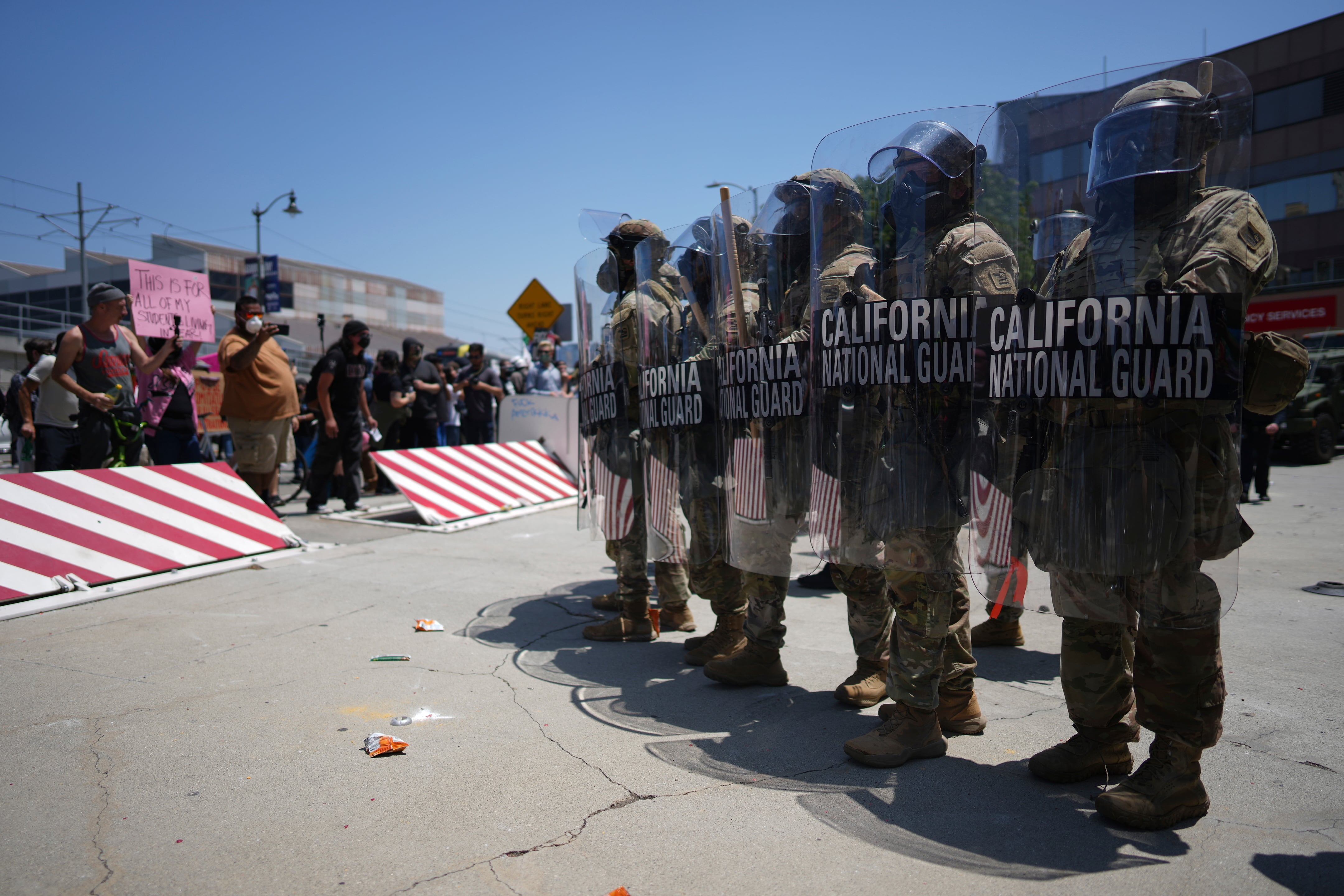GMT is getting an extreme makeover. For most sailors — and commands, — the annual General Military Training requirements are an obligation few look forward to — and it's not dead, yet.
The Navy has vastly reduced the number of General Military Training topics and is working to make them more interactive and less tedious, part of Navy Secretary Ray Mabus' vow to be "ending GMT as we know it" as soon as possible.
It's something Secretary of the Navy Ray Mabus said he'd heard a lot of complaints from sailors and leadership alike during his fleet visits, and vowed in a May 13 speech that he would now be "ending GMT as we know it" as soon as possible.
"The elementary, repetitious and time-consuming tasks of General Military Training just don't achieve that end and eat into a CO's ability to spend more of their precious time training to fight and win," Mabus said in the speech. "Triads will determine if and when training is needed."
From topic changes to a future GMT app, what you need to know about the fiscal year 2016 GMT that starts Oct. 1:Mabus’ promise has turned out to be a tall order, but officials say it’s not possible, though it will take time to rework the system.
1. Higher impact. The GMT training called for in NAVADMIN 213/15 represents a substantial drop in the number of required topics and the amount of time sailors will spend in GMT, with officials hoping that more interaction and technology will improve the quality of training. Still, officials say they’ve taken a huge step towards that goal with the release of NavAdmin 213/15 on September 8 as they unveil the Ffiscal Year 2016 GMT requirements and more changes and improvements are on the way.
"This 40 percent reduction in the yearly mandatory GMT delivery requirements, in quite significant," Rear. Adm. Mike White, the head of Naval Education and Training Command, said in a Sept. 10 interview with Navy Times. NavAdmin. "We looked at what training was required by higher authority, either by Congress or DoD, as well as Navy training needs and as a result have been able prioritize GMT in a way that reduces annual requirements and still gives command triads the tools and training to meet the needs of their sailors."
White said the review will be ongoing as officials will seek further reduce training time, possibly by integrating it into new fleet refresher training that's in the works.
A total revamp of the required [[training/options/initiatives?]] and even how it’s delivered is in the works. But for now, Officials say they are trying to make training sessions it more fleet- and sailor-friendly. friendly
"We have started the delivery of mobile applications that may be loaded onto personal phones and tablets and used to complete certain GMT lessons at a more convenient time and without waiting for a Navy computer in the workspace," White said in the message. [[Moran said?]]correct/sf. yes/MF
The first such training app, teaching domestic violence awareness, is now available for iOS and Android devices. set to be They are It is downloadableed from either the Apple App Store or Google Play. website later this year, the message said.Moran didn’t give any more specifics on the app in the message, but said it would be available for download from the GMT Website later this year. More are slated to be made available in the coming months and years, officials say. Next slated app is operational security and should be available in the next month or two.
2. In person training. The structure of the old GMT program is still there, with some courses coursed required to be instructor-led at the command while other courses can be completed individually. Training materials and course content areis still available on the Navy Knowledge Online web portal. It’s updated regularly, the message said.
The highest priority courses, termed The new GMT now lists the highest priority of courses as "Standardized Core Training," are required for all hands and must be led by a command instructor:
It's training mandated, the message says, by "higher authority and required for all military personnel each year. Some must be instructor led and other courses can be completed through individual online study as well.
Here's what is required for command, instructor-led delivery:
- Sexual Assault Prevention and Response (SAPR) Awareness
- Equal Opportunity/Sexual Harassment/Grievance Procedures
- Suicide Prevention.
3. Mando topics. Seven other topics require annual training, which can be delivered by instructors or via online training: These topics are also annual requirements. They can be delivered face-to-face, or commands can allow sailors to complete them online:
- Combating Trafficking in Persons (CTIP) General Awareness
- Antiterrorism Level I Awareness
- Cyber Security Awareness
- Counterintelligence Awareness and Reporting
- Operations Security
- Privacy and Personally Identifiable Information
- Records Management
4. Once every two years. Some training isn’t required annually, so Navy officials are now mandating them to be done once a deployment cycle — or if that’s not applicable to the command or situation, it must simply be done every two years. As part of the Command-Assigned Readiness Enhancement training, these four courses are required:
This level of training is being called Navy Command-Assigned Readiness-Enhancement training and also has two levels, required and optional courses.
Here's what's required:
- Alcohol, Drugs, and Tobacco Awareness
- Stress Management
- Domestic Violence Prevention and Reporting
- Sexual Health and Responsibility
5. Optional. And these five courses, also part of the CARE training, are optional and can be mandated by COs. and They can taken online or in face-to-face instruction. Instructors have the option of using Navy training or generating their own. The topics: These course are being recommended by Navy officials, but they’re not required.
It's up to commands to ensure they're given to sailors who need the information. They can use Navy provided or command generated training materials.
- Physical Readiness
- Hazing Policy and Prevention
- Personal Financial Management
- Operational Risk Management
- Energy Policy
Mark D. Faram is a former reporter for Navy Times. He was a senior writer covering personnel, cultural and historical issues. A nine-year active duty Navy veteran, Faram served from 1978 to 1987 as a Navy Diver and photographer.





